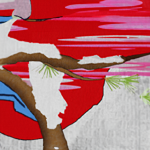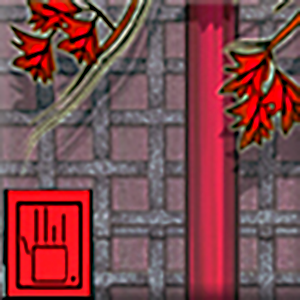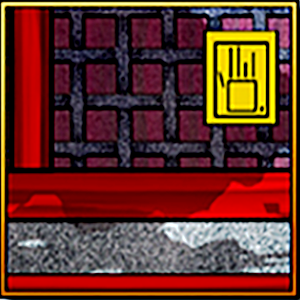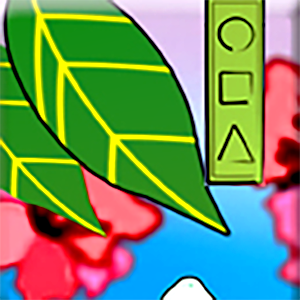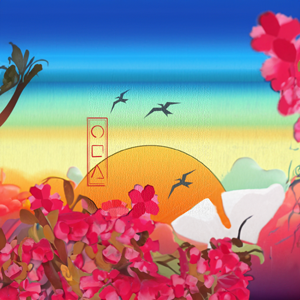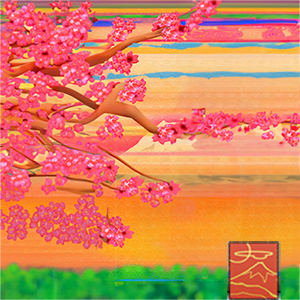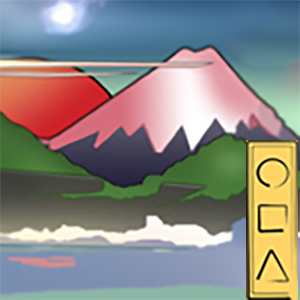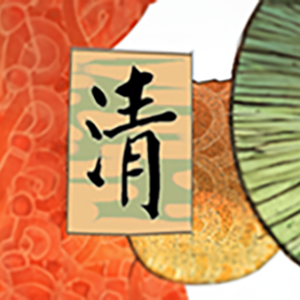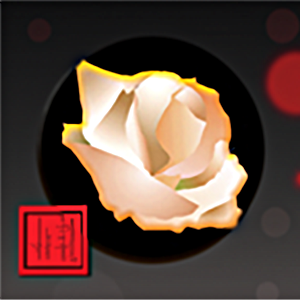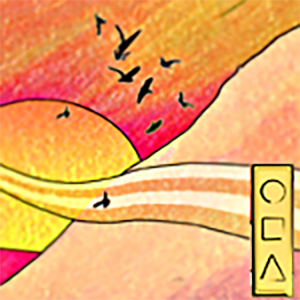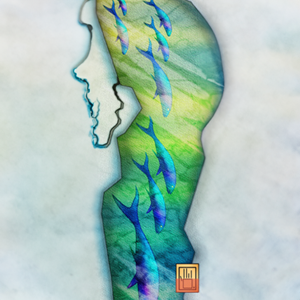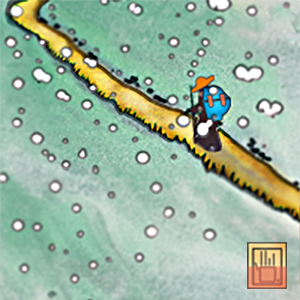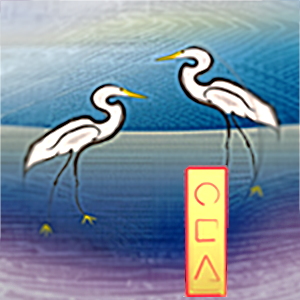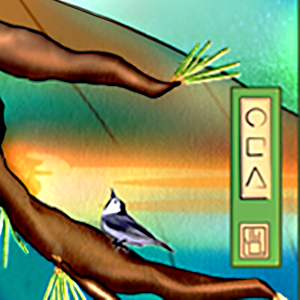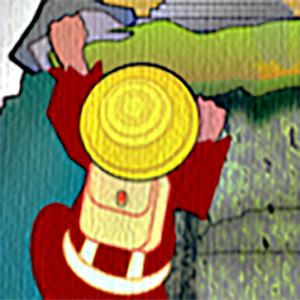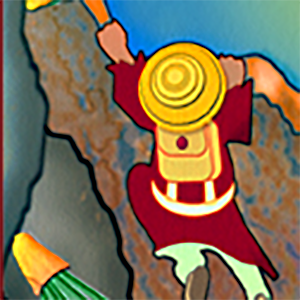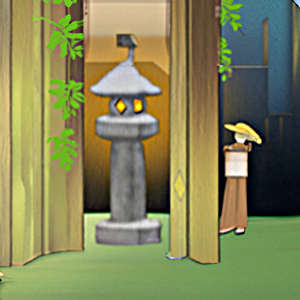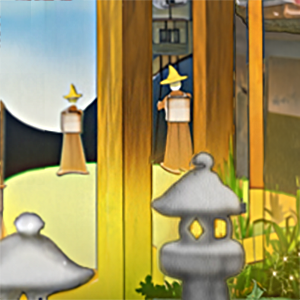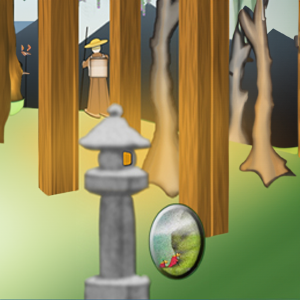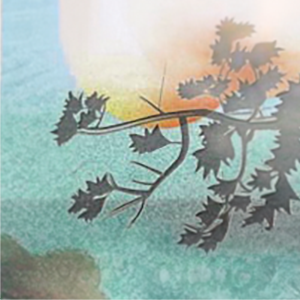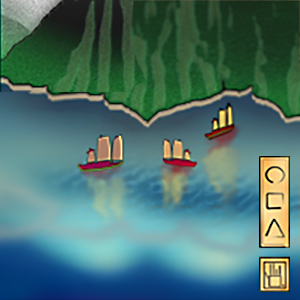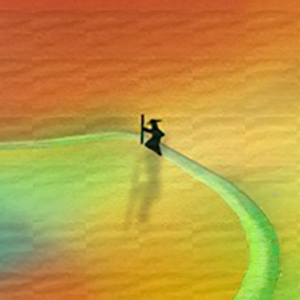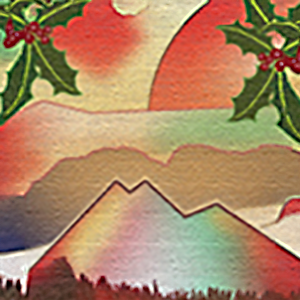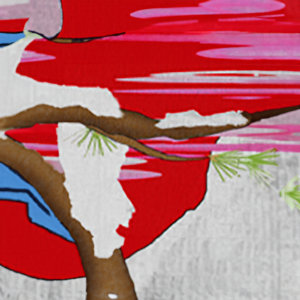Teisho Today Archives
Welcome to the Teisho Today archives, where we present our most recent Daily Zen Journals as audio files for your enjoyment. Over time, we aim to have the entire library of journals available in this format; however, this is a work in progress, as the first journal was released in 1998, and this is now 2026!
Join us on this journey as Daily Zen evolves and grows into the present moment, heading into our 25th year.
The Teishos are also available wherever you get your podcasts.
Bhaddekaratta Sutta
When we are masters of ourselves, we can grasp the situation as it is, and we’re in the best position to handle whatever may arise. When we dwell in mindfulness day and night, then we are truly practicing “the better way to live alone.”
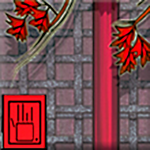
Cat and Mouse
If you have climbed a mountain, you know that sometimes it goes smoothly, while at other times it is difficult. Meditation is like that. Sometimes things go well, but other times you have negative physical and mental reactions.

Understanding Impermanence
When I was young, it seemed forever between birthdays; now each year flies quickly by. I turn around and twenty years are gone! From the perspective of cosmic time, a life is shorter than the blink of an eye.
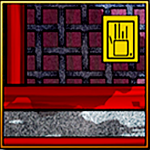
Sermon in Tavatimsa Heaven
The World-Honored One said to queen mother, “Queen mother, the reasons why people cannot free themselves from illusion are greed, anger, and ignorance. Because of these three poisons, they cannot even be reborn in the heavens. How much less when they attempt to leave the realm of birth and death!”
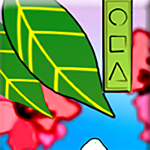
About This Mind
About this mind—in truth there is nothing really wrong with it. It is intrinsically pure. Within itself it’s already peaceful. If the mind is not peaceful these days, it’s because it follows moods. The real mind doesn’t have anything to it; it is simply an aspect of nature. It becomes peaceful or agitated because moods deceive it.

Questions of Bodhisattva Mahamati – Not a Word Uttered
The Bodhisattva Mahamati asked the Buddha to teach him the way of practice of the sages and those who follow the way of the One Vehicle.
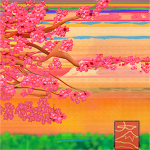
How to be a Householder Bodhisattva
This affair is a matter of people of sharp faculties and superior wisdom who do not consider it difficult to understand a thousand when hearing one. It requires a stand that is solid and true and faith that is thoroughgoing.
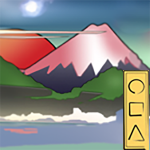
The Hoshin-ji Sermons
What I teach everyone in these talks of mine is the unborn Buddha-mind of illuminative wisdom, nothing else. Everyone is endowed with this Buddha-mind, only they don’t know it. My reason for coming and speaking to you like this is to make it known to you.
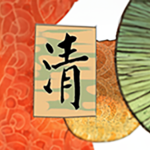
Shodoka – Song of Awakening
True reality is the essence and the original source, while divine powers are merits. We like the merits and dislike the essence. We love to receive a salary, we don’t love the work; we love the reward, we don’t love the effort.
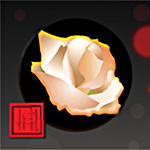
The Time Being
Even though you do not measure the hours of the day as long or short, far or near, you still call it twelve hours. Because the signs of time’s coming and going are obvious, people do not doubt it. Although they do not doubt it, they do not understand it.
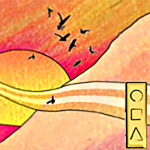
Wake-up Sermon – Part 3
When the mind reaches nirvana, you don’t see nirvana. Because the mind is nirvana. If you see nirvana somewhere outside the mind, you’re deluding yourself.
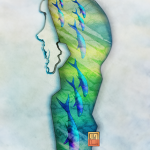
One Practice Samadhi
This teaching has been passed down by the ancients. It isn’t something I discovered by myself. But if you wish to hear this teaching of the ancients, you must listen with pure minds. And if you wish to get rid of your delusions, you should understand it as past generations have.

Great Vow
The Great Vow is setting up and defining the goal. Without a goal, we may go in circles or backward. But if we have a view of the proper goal, whether we travel fast or slow, eventually we reach our destination.
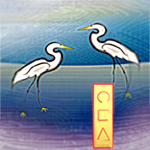
Kalama Sutra
Kalamas, whenever you yourselves know that these things are unwholesome; these things are harmful; these things are criticized by the wise; and when practiced according to their own standard, these things bring suffering and have no benefit, then you ought to abandon such things.
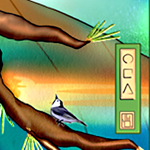
The Mind Dharma
According to the Ch’an method, self-cultivation begins with the control of mind as the starting point. By mind is meant the wandering mind, always in search of something in the realm of unreality.
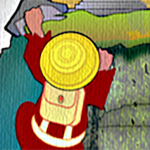
Great Doubt
In Zen practice, the essential point is to rouse doubt. What is this doubt? When you are born, for example, where do you come from? You cannot help but remain in doubt about this. When you die, where do you go? Again, you cannot help but remain in doubt.
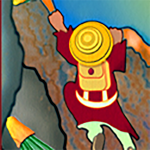
Harmony – Part 3
Now we must talk about what to do while sitting in Zen meditation. The same three things must be attended to. In one sitting, whether the time is long or short, i.e., within a twelve-hour period whether it lasts for one, two, or three hours, when using one’s heart-mind to regulate thoughts, one must know well during this time whether or not to harmonize body, breath, and heart.
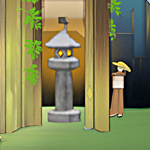
Harmony – Part 2
The second step when entering Zen meditation is to regulate the breathing. In doing so there are four ways to breathe, i.e., the breath sounds like wind blowing, sighing, Qi flowing, and quiet breathing. The first three are not appropriate for adjusting your breath, while the last one does help regulate it.
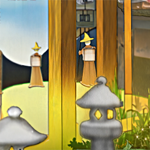
Harmony – Part 1
The word harmony is used here in the sense of harmonizing the five Dharma activities. The first is to regulate the times of eating and drinking. The second one is to regulate sleeping, the third is to regulate the body, the fourth is to regulate breathing, and the fifth is to regulate the heart-mind.
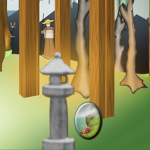
Zazenron
The main point of zazen is supposed to be that no thought arises. But if we check thought by thought, surely it is like washing off blood with blood.
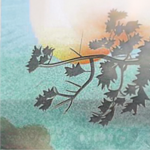
Following the Breath with Mindfulness
It is essential that we understand this profound truth: the prana-body is the conditioner of the flesh-body. We ought to know that there are these two kaya (bodies), or levels of kaya.
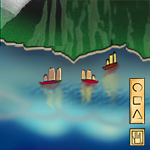
All Beings Are in the Process of Becoming Buddhas
“All beings are intrinsically Buddha,” as Hakuin said, means that all sentient beings are endowed with the wisdom and virtuous power of the Buddha and are, without exception, gradually advancing along the path of liberation. It is inevitable that all human beings will perfectly realize their essential nature.
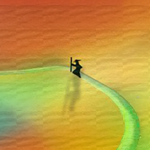
The Lankavatara Sutra
Bodhisattvas should become adept at examining the two kinds of phenomena that have no self. And what are the two kinds of phenomena that have no self? Neither beings nor dharmas have a self.
Fundamental Principles
Let us investigate the fundamental principles of Dhamma, Natural Truth. I would like to discuss these essential points of Buddhism in the hope that a grasp of them will help you advance in your studies and training.
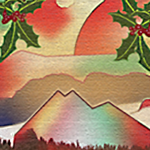
Discourses of Master Po Shan – Part 1
When working at Zen, the important thing is to generate the i ching (doubt sensation). What is this doubt sensation? For instance: Where did I come from before my birth, and where shall I go after my death?
